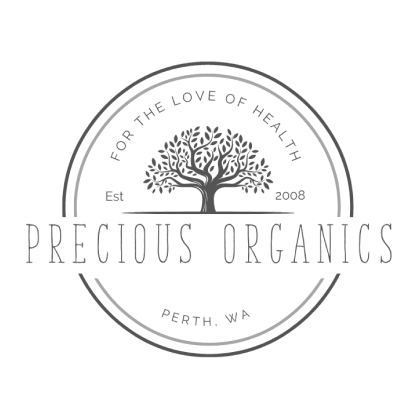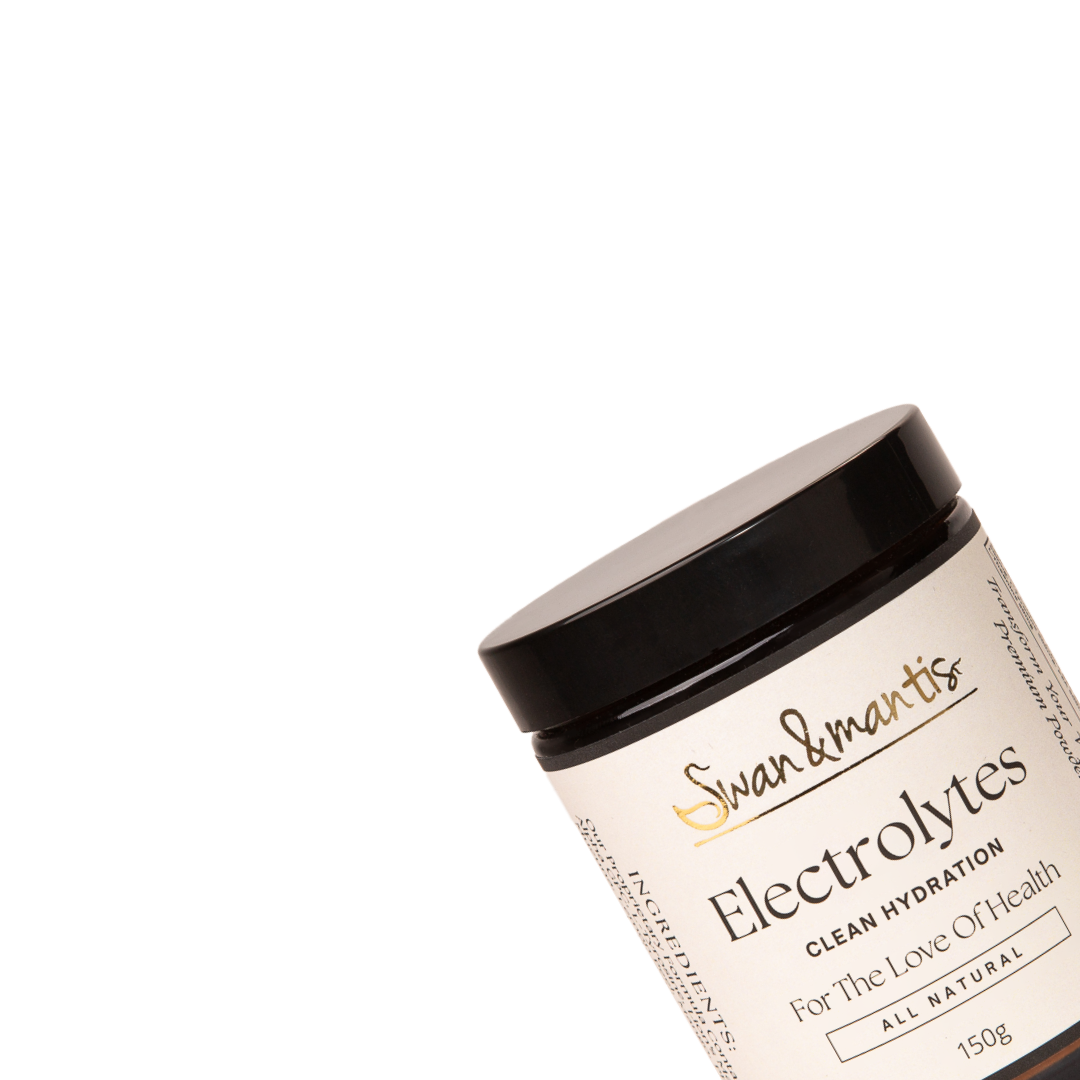The Truth about ‘Organic Eggs’
The Cornucopia Institute has released a report that exposes widespread abuses in the production of organic eggs, primarily by large factory farms.
The study compares management practices employed by small organic egg farmers with those of large industrial operations that label eggs 'organic' that have been produced by chickens confined by the hundreds of thousands in industrial facilities.
According to Cornucopia News:
"After visiting over 15% of the certified egg farms in the United States, and surveying all name-brand and private-label industry marketers, it's obvious that a high percentage of the eggs on the market should be labeled 'produced with organic feed' rather than bearing the USDA-certified organic logo," said Mark A. Kastel, The Cornucopia Institute's codirector and senior farm policy analyst."
Eighty percent of all organic eggs are produced by a handful of operations. Most of these businesses own hundreds of thousands to millions of birds and market a percentage of their produce as 'specialty eggs,' one of which is organic. Most of the giant henhouses used by these factory farms provide no legitimate access to the outdoors, which is a requirement of federal organic regulations.
"Many of these operators are gaming the system by providing minute enclosed porches, with roofs and concrete or wood flooring, and calling these structures 'the outdoors,'" stated Charlotte Vallaeys, a farm policy analyst with Cornucopia and lead author of the report.
"Many of the porches represent just 3 to 5 percent of the square footage of the main building housing the birds. That means 95 percent or more of the birds have absolutely no access whatsoever."
Per Cornucopia News, family farm-scale organic egg farmers will challenge agribusiness lobbyists at the October 25 meeting of the NOSB (National Organic Standards Board).
Sources: Cornucopia News September 26, 2010
Eggs are one of the healthiest foods in the world, and at their very best if you eat them raw. But the quality of your eggs is paramount. Organic, free-range eggs are clearly your best bet, but as this Cornucopia report shows, there are loopholes in
the organic regulations that allow less than truly organic producers to slip their eggs through.
Are Factory Farmed Organic Eggs Truly Organic?
One of the most glaring problems is the lack of true adherence to free-range standards. Health conscious organic consumers expect organic free-range eggs to be produced by hens that have ample access to the outdoors.
But as Cornucopia says, "a high percentage of the eggs on the market should be labeled 'produced with organic feed' rather than bearing the USDA-certified organic logo," because many of these birds never actually get to set foot outdoors.
Mass-producing organic egg farmers circumvent the free-range criteria by providing tiny enclosed porches with roofs and concrete or wood flooring – a far cry from what most organic consumers would associate with the word "free-range."
According to Cornucopia:
"Many of the porches represent just 3 to 5 percent of the square footage of the main building housing the birds. That means 95 percent or more of the birds have absolutely no access whatsoever. "
The REAL Definition of Free-Range Eggs
Don't be fooled by the egg industry's double-speak definitions of what organic and free-range really is. True free-range eggs are from hens that walk about freely outdoors on a pasture where they can forage for their natural diet, which includes seeds, green plants, insects, and worms.
A hen that is let outside into a barren lot for a few minutes a day but is fed a diet of corn, soy and cottonseed meal, plus synthetic additives, is NOT an organic free-range hen, and will not produce the same quality eggs as its foraging counterpart.
Likewise, a hen that is fed an organic diet, but never gets to go outside is also NOT a true free-range hen, although it may currently slide through as an "organic" one…
A MAJOR part of a hen being truly organic is having free range access to outdoor pasture. It's not just about being fed organic grains. And this is a major point of contention within the egg industry.
The largest egg producers have been hard at work, vigorously lobbying against requirements for outdoor pasture.
Cornucopia writes:
"We are strongly opposed to any requirement for hens to have access to the soil," said Kurt Kreher of Kreher's Sunrise Farms in Clarence, N.Y.
And Bart Slaugh, director of quality assurance at Eggland's Best, a marketer of both conventional and organic eggs based in Jeffersonville, Pa., noted that, "The push for continually expanding outdoor access … needs to stop." "
"Just because it didn't prescribe exactly how to comply with the requirement for 'access to the outdoors for all organic livestock' or 'access to pasture for ruminants' doesn't mean farm operators could ignore the requirement."
…"As in organic dairying, we discovered similar flagrant violations of the law in the organic egg business," lamented Kastel. "Some of the largest operators even have a note from their veterinarian, or some state official, saying 'we recommend that you not let your birds outside to protect their health.' And some accommodating, corporate-friendly organic certifiers have signed-off on this," Kastel said."
Family-Scale Organic Egg Producers Get Top Scores
The good news here is that you can still depend on your small, local farmer to produce some of the best food on earth.
The report concludes that the vast majority of family-scale producers do comply with, or exceed, organic regulations.
In fact, "[a]n important subset of organic farmers are even going far beyond the minimum requirements in the organic standards: not just providing access to the outdoors but rotating birds on high-quality pasture," Cornucopia reports.
The main problem is that they can't compete against cheaper mass-produced organic eggs. Because although factory farmed organic eggs typically do not fulfill the expectation of organic consumers, most consumers simply do not realize that they're being short-changed, because both eggs bear the identical organic label…
Organic Eggs are Healthier, More Nutritious Eggs
Why should you care about whether or not your eggs are truly organic AND free-range?
Because organic, pasture raised hens are healthier, live longer, and produce eggs with superior flavor and nutritional content than their factory-raised counterparts. Organic eggs also tend to be more expensive, so why shouldn't you get everything
you pay for? A hen that has been in a crowded pen simply will not produce as healthful an egg as a hen that has been pastured, even if she's fed an all organic diet…
Quite simply, the healthier the hen, the healthier her eggs, and outdoor access is a major part of optimal health for food producing animals.
An egg-testing project performed by Mother Earth News in 2007 found there were significant differences in nutrition between factory-farmed and organically raised eggs.
1/3 less cholesterol
1/4 less saturated fat
2/3 more vitamin A
2 times more omega-3 fatty acids
3 times more vitamin E
7 times more beta carotene
These dramatically differing nutrient levels are most likely the result of the differences in diet between free-range pastured hens, vs. commercially farmed hens.
The fact that the USDA and other organizations (which are often funded or influenced by industry) refuse to acknowledge that there is a direct link between the diet of the bird and the nutritional value of their eggs, is a clear indicator that there are strong financial incentives at work – not nutritional science.
The Best and the Worst of Eggs
If at all possible, I would encourage you to avoid buying all store bought eggs unless you have no other choices. Exceptions would be small health food stores that carry locally farmed eggs.
Ideally it would be best to locate a local famer where the chickens are fed well and raised in humane conditions and allowed to eat insects. I have never seen store bought eggs that compares to the color of the yolk in these eggs. Typically they are deep orange, where most of the store bought eggs are light yellow.
In addition to being true pasture raised, these types of eggs are also less likely to have been treated with damaging chlorine baths.
As for the worst eggs out there, omega-3 fortified eggs take top billing and should be avoided. Typically, the animals producing these eggs are fed poor-quality sources of omega-3 fats that are already oxidized. Also, omega-3 eggs do not last anywhere near as long as non-omega-3 eggs.
Organic, Pasture Raised Eggs Also Do Not Need Refrigeration and are FAR Less Likely to be Contaminated with Salmonella
It is actually wise to NOT refrigerate your eggs. If you have ever been to Europe or South America, you will know that the practice of non-refrigeration is common in those countries.
In the U.S., refrigeration of eggs became the cultural norm when mass production caused eggs to travel long distances and sit in storage for weeks to months before arriving at your superstore. The general lack of cleanliness of factory farms has increased the likelihood that your eggs have come into contact with pathogens, amplifying the need for disinfection and refrigeration.
But if your eggs are very fresh and organically-raised, you typically do not have to refrigerate them.
As for the risk of contracting salmonella, chickens raised in unsanitary factory farm conditions are far more likely to be contaminated, and lay contaminated eggs.
In fact, one study by the British government found that 23 percent of farms with caged hens tested positive for salmonella, compared to just over 4 percent in organic flocks and 6.5 percent in pasture raised flocks.


